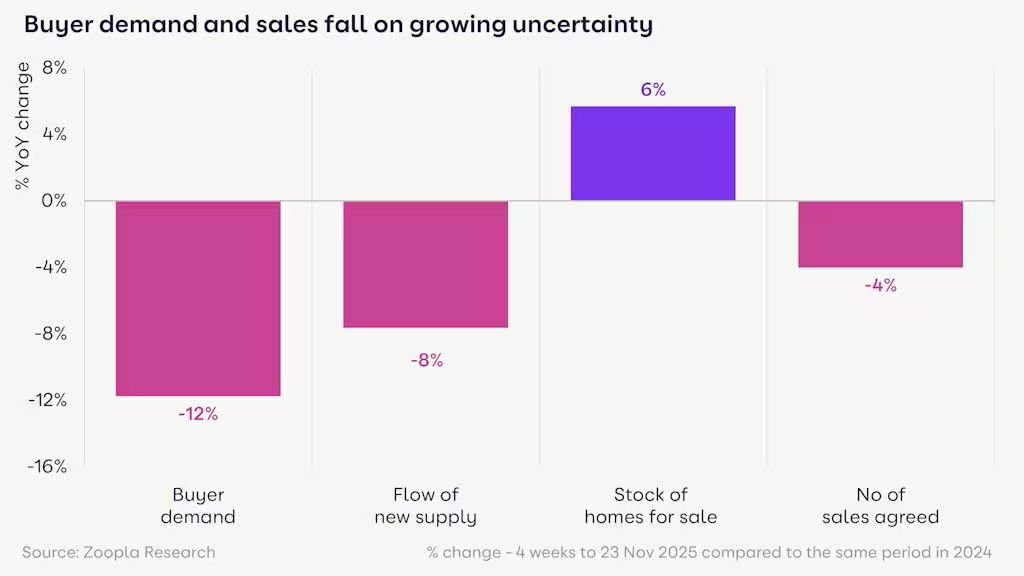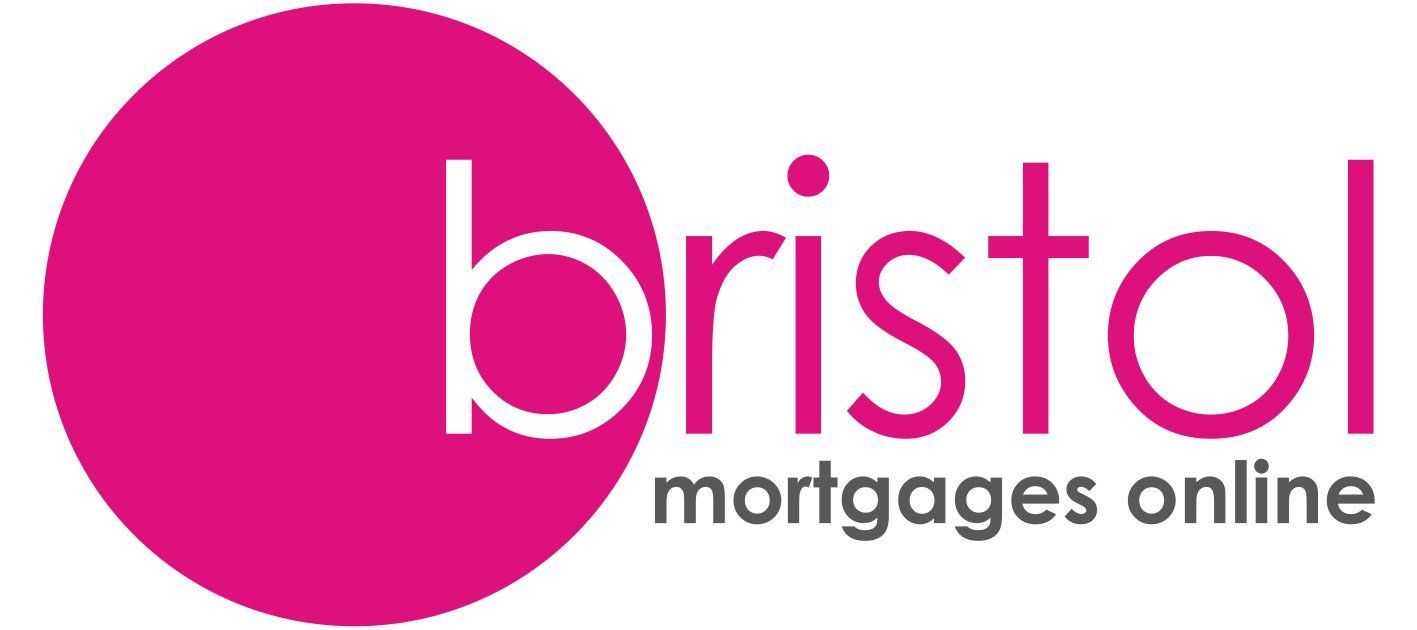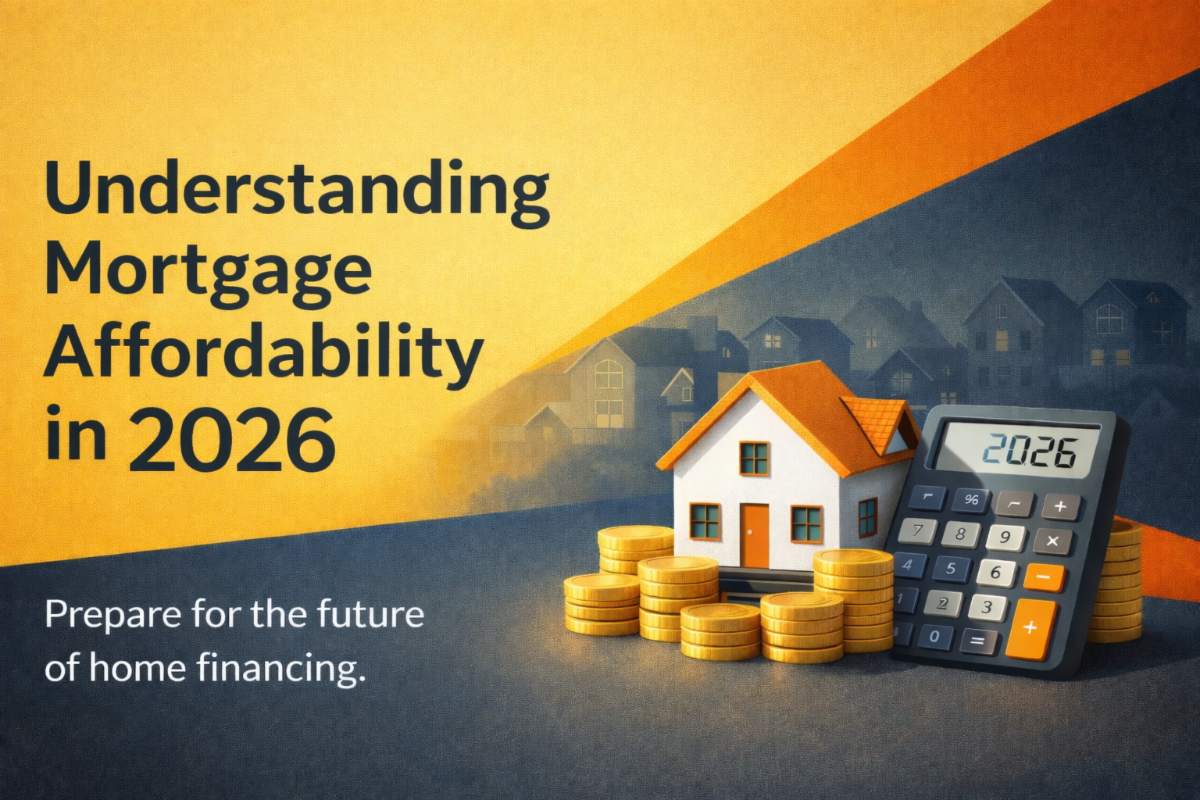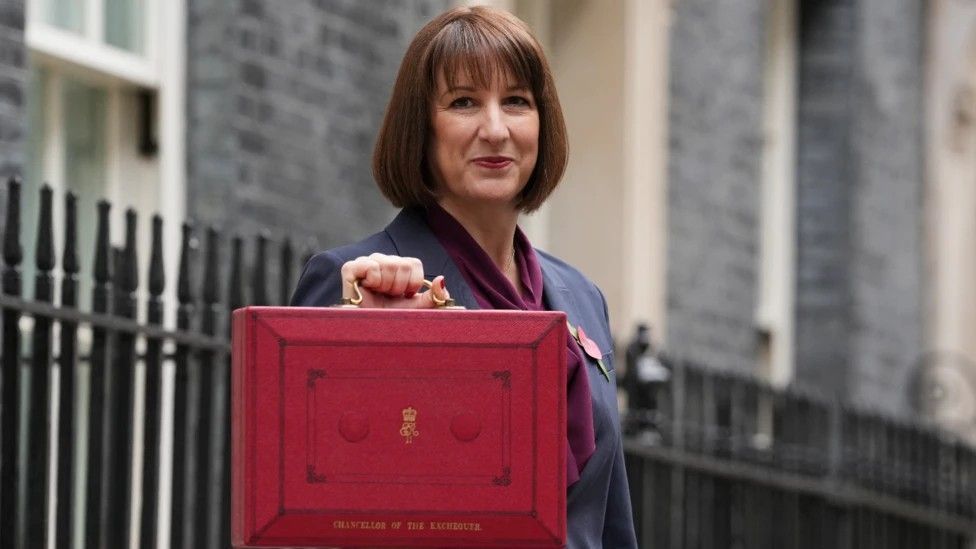What You Should Know About Second Charge Mortgages
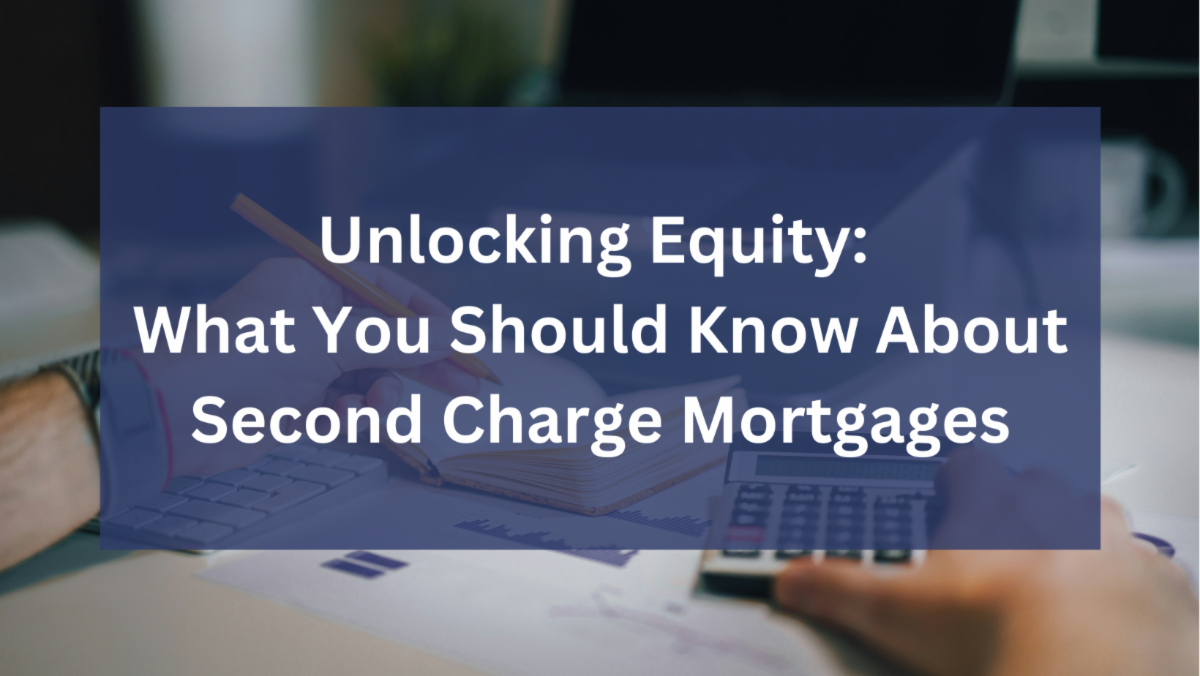
What You Should Know About Second Charge Mortgages
Thinking about borrowing more money, but worried about losing your current mortgage deal? You’re not alone. With interest rates shifting in 2025, many homeowners are asking:
“Should I take out a second charge mortgage - and how does it work?”
Here’s what you need to know before making a move.
What Exactly Is a Second Charge Mortgage?
A second charge mortgage is an additional loan secured against your home. It sits alongside your existing mortgage, rather than replacing it. This means you keep your current deal in place, while borrowing more against the equity you’ve built up. How much you can borrow depends on your income, property value, and how much equity you have.
Why Some Homeowners Choose a Second Charge Mortgage
- Keep your current deal intact: Useful if you’re on a low fixed rate and don’t want to remortgage.
- Borrow for big projects: Home improvements, extensions, or even investing in a business.
- Debt consolidation: Roll multiple debts into one monthly payment (though this must be carefully weighed up).
- Flexibility: Can sometimes be quicker than a full remortgage.
Whether or not a second charge mortgage is worth it depends on your existing mortgage balance, interest rate, and what you need the money for.
What to Watch Out For
Just like any borrowing option, there are pros and cons.
- Interest rates: Second charge mortgages may be higher than your main mortgage.
- Fees: Arrangement and legal fees can apply, sometimes running into hundreds of pounds.
- Affordability checks: Lenders still look closely at your income, spending, and credit history.
- Risks: Missing repayments puts your home at risk, just as with a first mortgage.
Quick tip: Always compare the total cost - not just the rate. Sometimes a remortgage works out cheaper, sometimes a second charge does.
How Lenders View Second Charge Applications
Lenders typically check:
- How much equity you have in the property.
- Your income and regular outgoings.
- Your credit history (specialist lenders may be more flexible here).
- The purpose of the loan - for example, home improvements vs. debt consolidation.
When Does a Second Charge Make More Sense Than a Remortgage?
- If your current mortgage has high early repayment charges.
- If you’re locked into a competitive fixed-rate deal you don’t want to lose.
- If your credit profile has changed since you first took out your mortgage, remortgaging might mean higher rates across your whole loan).
- If you only need to borrow a smaller amount for a specific project.
Common Mistakes to Avoid
- Rushing in without comparing options: Sometimes, a remortgage or unsecured loan is better.
- Using it for short-term spending: A second charge is a long-term loan - don’t treat it like a credit card.
- Ignoring fees: Arrangement fees and solicitor costs can affect whether it’s worthwhile.
- Not getting advice: Specialist lenders are often only accessible through brokers.
What We Recommend
Second charge mortgages can be the right move in certain situations, but they’re not for everyone. It all comes down to your current mortgage deal, affordability, and future plans.
Regardless of your personal requirements or situation, please speak to Phil Clark on 0117 325 1511.
For further information, please visit the Second Charge Section of our website.
www.bristolmortgagesonline.com/second-charge-mortgages
How to Contact Us for Advice
Phil Clark will personally deal with your enquiry
Tel 0117 325 1511
Email info@swmortgages.com
Complete a form via our website www.bristolmortgagesonline.com
Please remember: YOUR HOME MAY BE REPOSSESSED IF YOU DO NOT KEEP UP REPAYMENTS ON YOUR MORTGAGE


